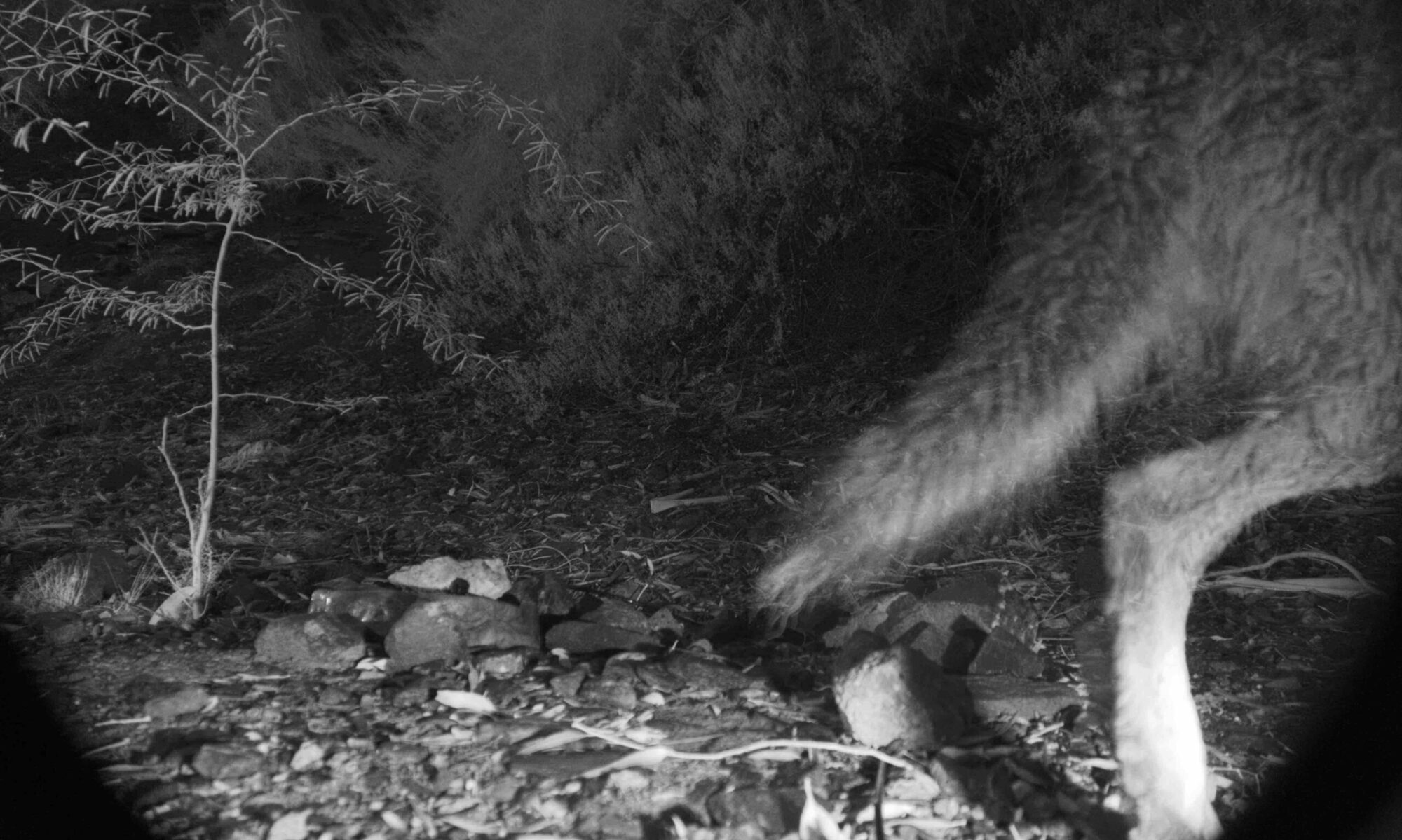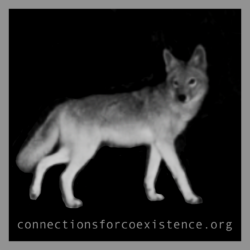Claire Musser | Project Manager
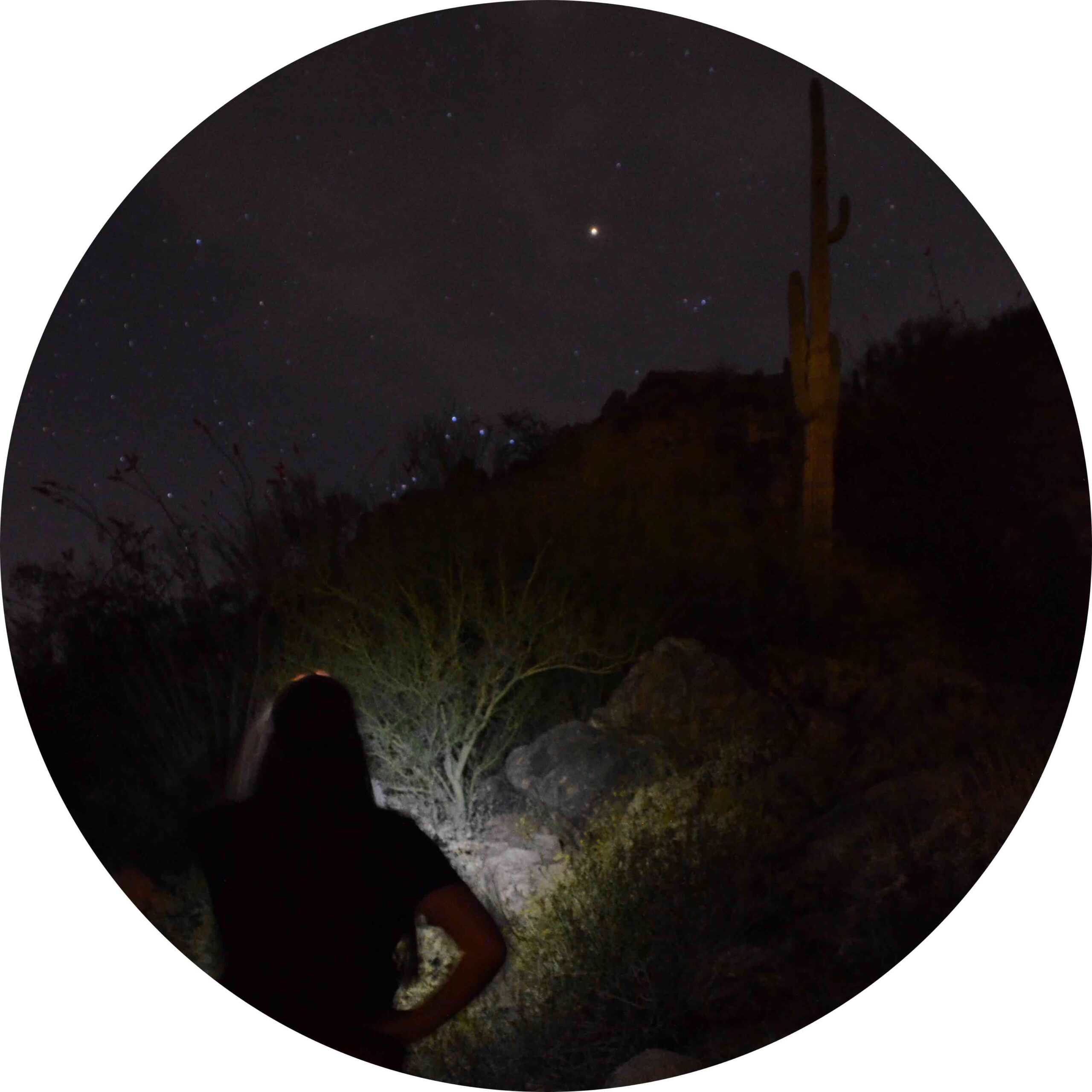
Claire Musser, originally from the UK, devoted a decade to conservation in the Cayman Islands before relocating to the US in 2019. With over 12 years of global involvement in conservation, non-profits, and volunteering, Claire is a dynamic force in the field. In 2022, she achieved Distinction in her MA in Anthrozoology from the University of Exeter, focusing on multispecies entanglements with Carnivora species, emphasizing her commitment to exploring complex ecological relationships.
Claire, currently serving as the Executive Director for the Grand Canyon Wolf Recovery Project, leads a dedicated initiative committed to reintroducing wolves to restore ecological health in the Grand Canyon region. In this role, she oversees all aspects of organizational operations, including fundraising, budgeting, and community engagement.
Her MA dissertation, blending cutting-edge scientific research and storytelling, delved into the profound impact of Mexican wolf recovery from the perspective of individual wolves. Complementing her academic achievements, Claire holds a postgraduate certificate in arts education from the University of Cambridge and is a certified Interpreter with the National Association for Interpretation and a certified Environmental Educator and volunteer with the Arizona Association for Environmental Education.
Passionate about empowering students to drive positive conservation actions, Claire, armed with a BA in graphic design, seamlessly intertwines environmental advocacy with art, film, and photography. Her work has been showcased in galleries across the UK, Cayman Islands, and the US. An accomplished author, she has published numerous articles on environmental education and wildlife encounters, actively contributing to publications probing human-wildlife conflict and coexistence.
As a confident public speaker, Claire has presented her research at conferences in both the US and the UK, embodying her commitment to lifelong learning. Currently, a postgraduate researcher at Falmouth University, she uses multispecies ehtnography to uncover the complexities of human-wildlife conflict. Claire looks forward to leveraging her diverse and transdisciplinary background to pioneer innovative solutions in mitigating human-carnivore conflict in the American Southwest.
Jessie Dwyer | Wildlife Monitoring Partner
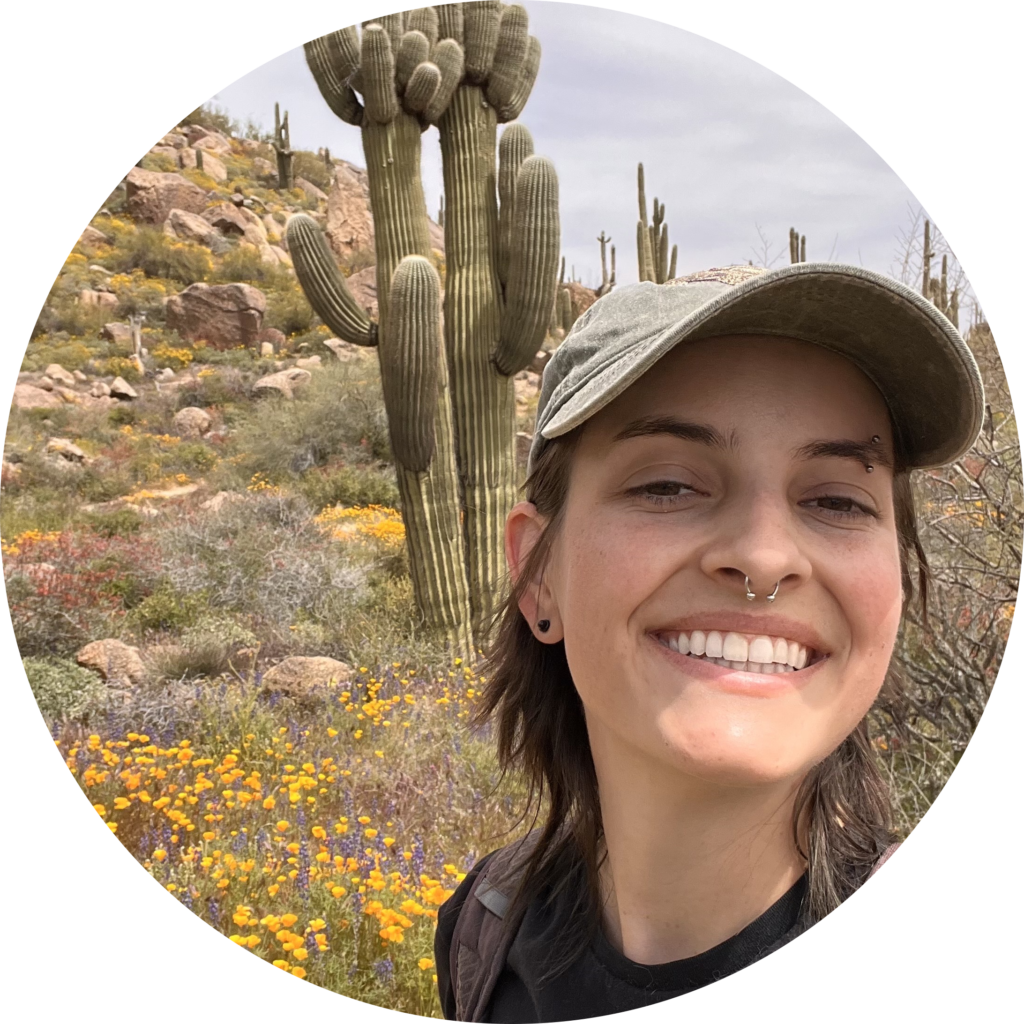
Jessie Dwyer has loved animals their entire life and took every volunteer, internship, and job opportunity to care for animals from a very young age. They have a M.S. degree in Applied Biological Sciences from the College of Integrative Sciences and Arts at Arizona State University, where they evaluated the effect of urbanization on bat habitat use across the Phoenix metropolitan area. At the McDowell Sonoran Conservancy, they manage experimental and long-term wildlife research projects on key species groups, such as bats, birds, butterflies, ground-dwelling arthropods, ground-dwelling vertebrates, and reptiles, with the goal of monitoring and maintaining biodiversity in the McDowell Sonoran Preserve and beyond in perpetuity. Jessie works closely with citizen scientists, regional and global partners, and various stakeholders in order to conduct rigorous and comparable research, evaluate the impact of anthropogenic stressors on wildlife populations, and recommend and implement management practices to sustain a healthy ecosystem.
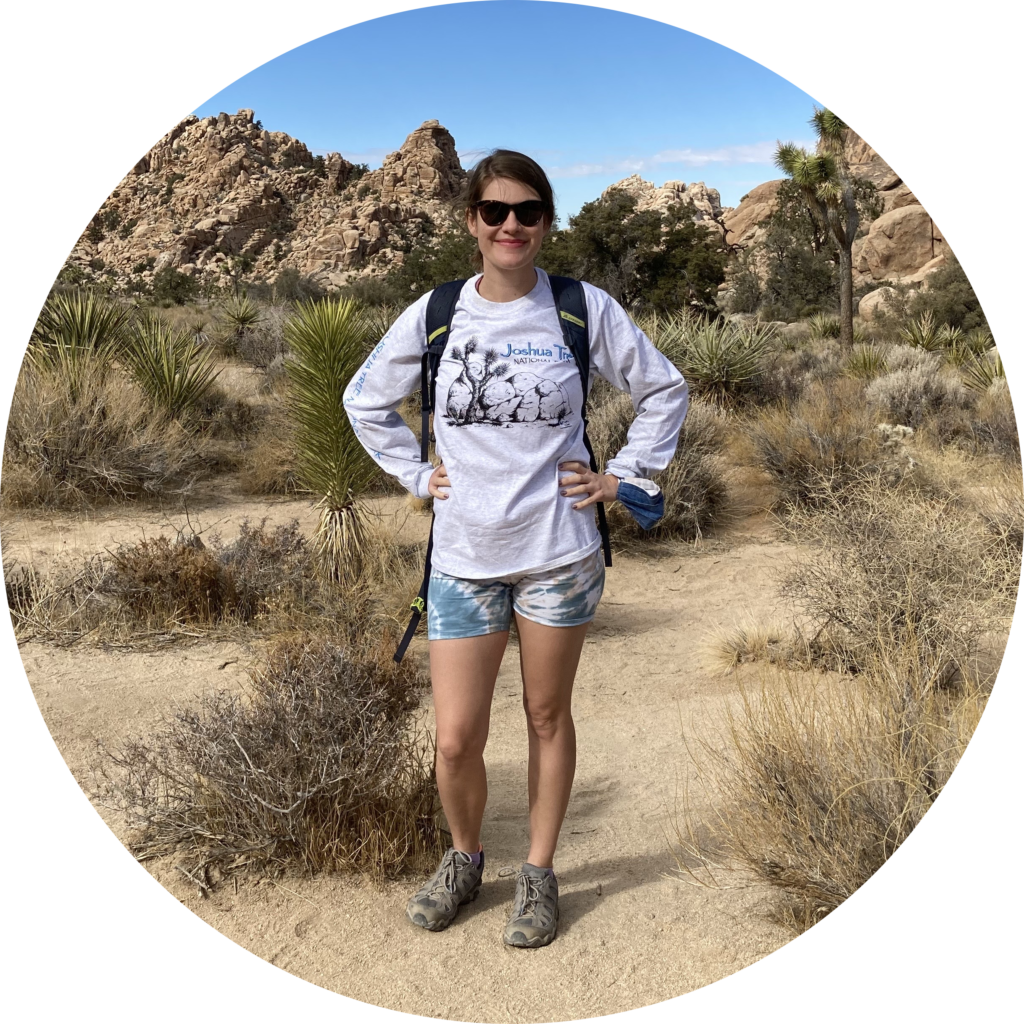
Mary Fastiggi has research experience in both natural science and social science focused on environmental resource management and protection. She received an M.S. degree from the School of Sustainability at Arizona State University in 2019, where she focused on urban resilience strategies to mitigate climate change impacts and to address urban stressors at the city scale. Additionally, she received a B.A. degree in Environmental Studies from University of Michigan in 2013 where she focused on resource policy and management, environmental education, and urban ecology. She has 15+ years of experience designing and implementing both citizen science and environmental education programs, including working with a diversity of volunteers on habitat restoration projects, fauna monitoring, phenology observations, invasive species removal, and urban green infrastructure projects. She has published in peer-reviewed journals on invasive species, restoration, urban resilience governance, and sustainability practices. She currently manages restoration and invasive plant species projects and experiments at a local AZ non-profit, contributes to regional communication and engagement, and works closely with volunteers to implement projects and research priorities.
